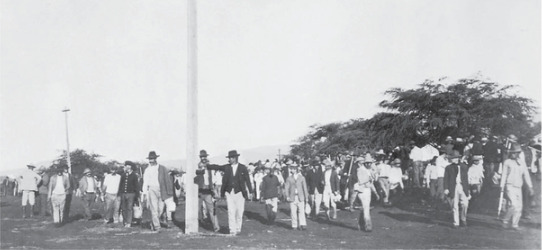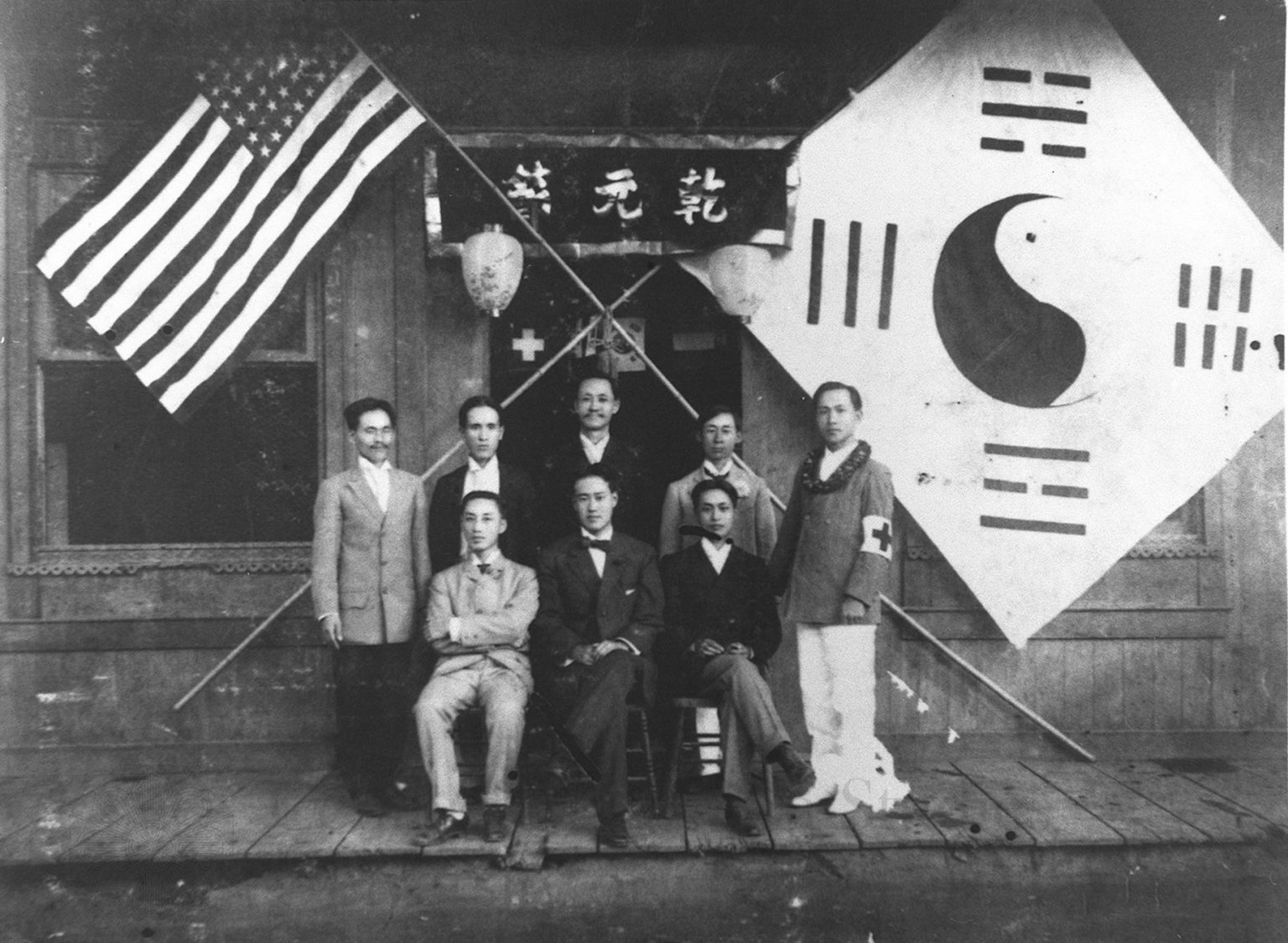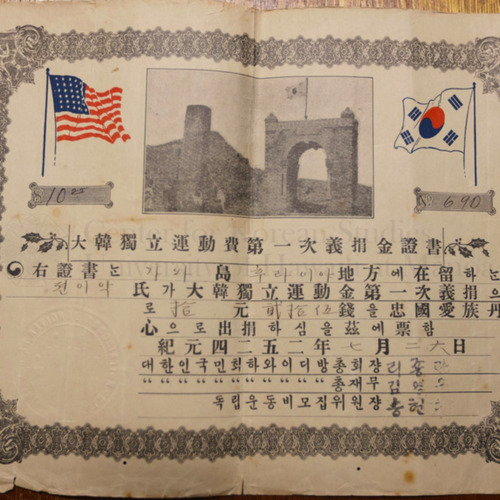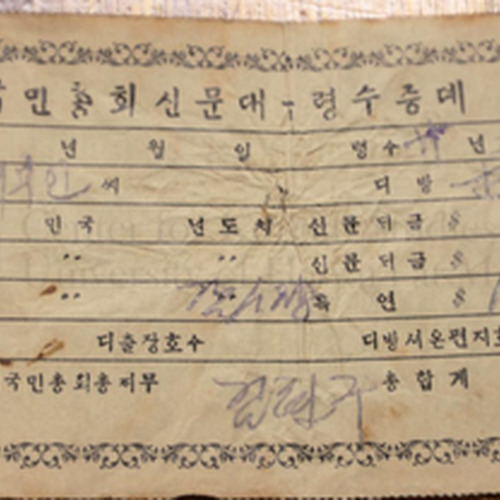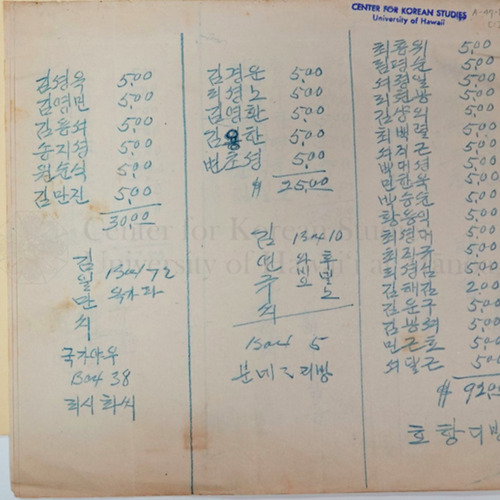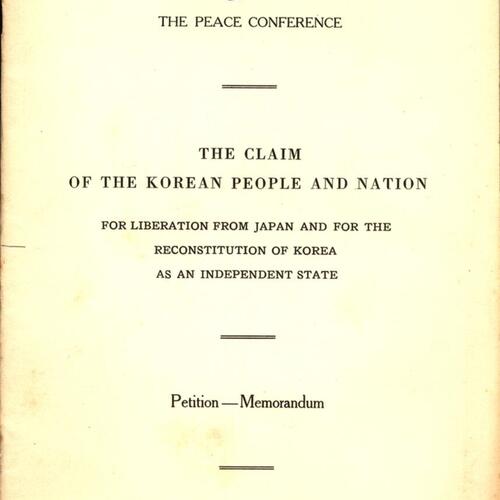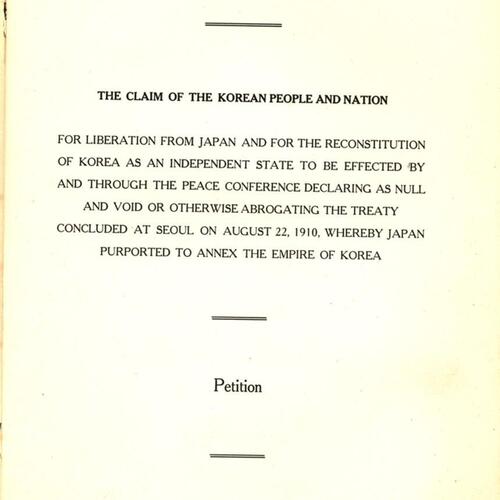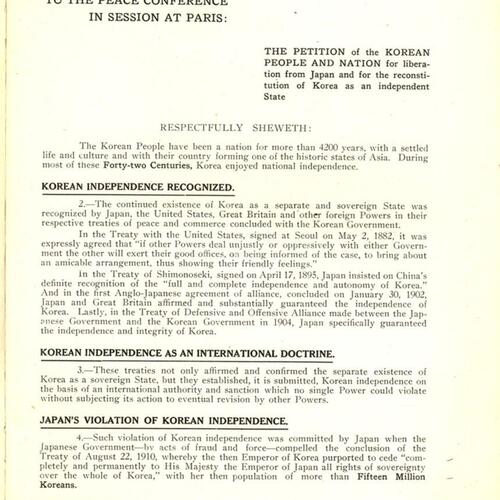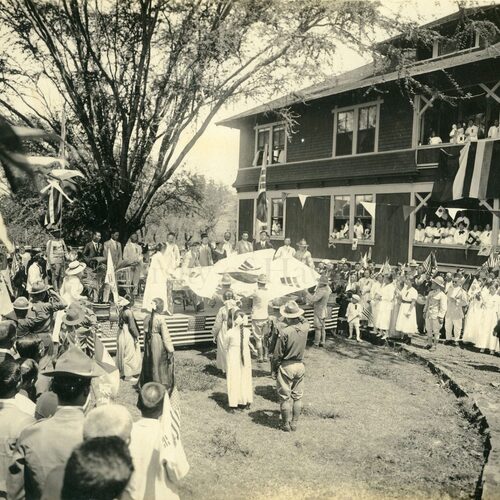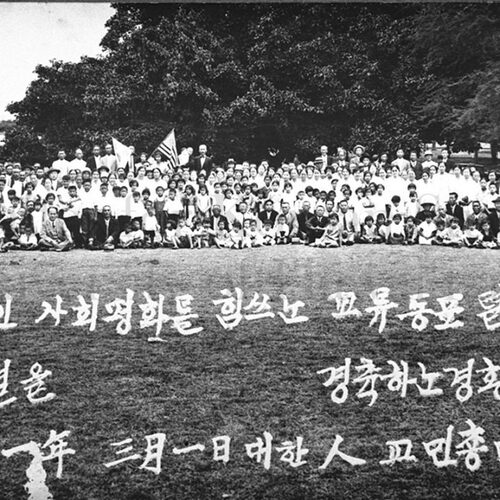Civil Rights and Protests
Korean immigrants fought for their rights and independence in both America and Korea because of Japanese colonization. In California and Hawaii, Korean immigrants faced racial discrimination and hostiliy that affected their work opportunities, social and economic status, and use of public facilties. They were challenged by competition with the Japanese and Chinese communities as well. In Hawaiian plantations, Korean immigrants were not happy with the working conditions because of inhumane treatment and low wages.
Plantation Protests & Strikes
Due to low wages and inhumane treatment from Hawaiian plantation working conditions, Japanese laborers led strikes, which many Koreans joined and influenced them to lead their own strikes. In 1903, 63 Korean plantation workers quit work on the Kilauea Plantation in order to move to Honolulu plantations, which had better working conditions and opportunities. In 1904 and 1905, Koreans went on strike at the Olaa and Maui Paia Plantations because of bad plantation managers and the killing of 80 Koreans.
Korean National Association (Kook Min Hur)
Along with the effort to build Korean communities in response to the challenges of living in a foreign country, one of the largest and most prominent organizations was formed to help Koreans overseas, support national independence, and preserve Korean identity and culture: The Korean National Association. KNA provided aid to the Korean community by defending their rights, facilitating Korean immigration to the United States, and speaking for them. Since the beginning of its establishment, the KNA tried to proclaim their identities as Koreans and not Japanese. They found an opportunity to create a diplomatic identity with the State Department, which led Secretary of State Bryan to declare that Koreans in America were not subjects of the Japanese and allow KNA to represent Koreans and all issues-whether political, social, or economic-concering Koreans.
Documents written in 1919 by Korean Politician, Kim Kyu-sik, for the Paris Peace Conference to put forward Korea's claim for independence from the Japanese.
March 1st Independence Movement (Sam-il jeol)
The March 1st Independence Movement happened on March 1, 1919 in Seoul. It was a protest in which Korean people and students called for independence and protested the Japanese forcing Koreans into their way of life. In America, Korean immigrants helped boost this movement and spread awareness about Korea's fight for independence by celebrating March 1st Independence Movement Day. To this day, Koreans celebrate Sam-il jeol (March 1st Independence Movement Day) in commemoration of this event.
